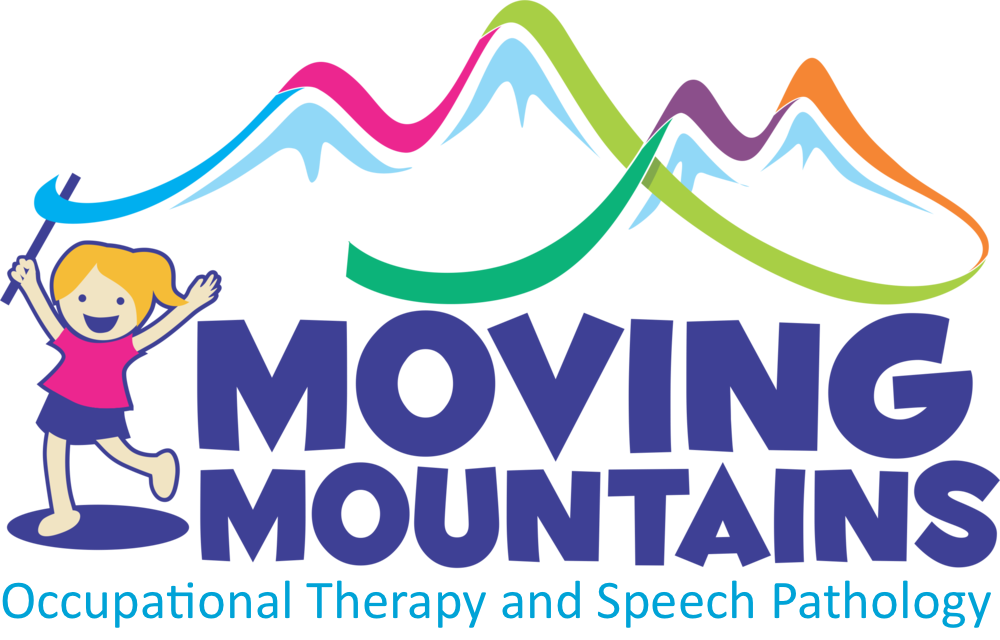
Occupational therapy focuses on helping children develop the skills they need to engage in everyday activities and participate fully in their environments. Our occupational therapists use a strengths-based, family-centred approach, focusing on enhancing children’s independence and wellbeing. Therapy may involve building skills in areas such as fine and gross motor development, sensory processing, and self-regulation, aiming to improve participation in daily tasks.
Occupational Therapy
How Do You Know If Your Child Needs Occupational Therapy?
Has your child not reached their milestones?
Does your child experience challenges with visual-motor coordination, or with gross and fine motor skills?
Does your child find it difficult to focus, remain still, or manage emotional regulation in certain situations?
Does your child experience sensory processing differences, such as being overly sensitive to sounds, lights, or textures?
Does your child appear uncoordinated when running or skipping?
Are you concerned that your child is facing challenges in their development or reaching milestones?
Does your child experience difficulties with walking or have challenges with balance and stability?
What do we do?
As occupational therapists, our primary aim is to allow children to develop independence in the following areas:
Fine Motor Skills
Fine motor skills involve the coordination of small muscles in the hands to hold, explore, and manipulate objects such as toys, pencils and feeding utensils. These skills are crucial for achieving school readiness goals such as drawing, cutting and developing the skills for handwriting.
Gross Motor Skills
Gross motor skills involve the the abilities required of the large muscle groups to achieve movements such as running, jumping, walking, kicking and throwing.
Handwriting
Handwriting skills are dependent on the development of three primary areas: fine motor coordination, manual dexterity and visual motor skills. Handwriting difficulties that may emerge may include: disorganised handwriting, fatigue and pain, letter reversals, pencil pressure and legibility.
Self care skills
These skills include tasks such as dressing, eating, toileting, and personal hygiene, which are important for managing everyday routines at home, school, and in the community. Some children may need additional support to develop these abilities, whether due to motor challenges, sensory sensitivities, or developmental differences.
Play skills
Play is a critical part of a child’s development, helping them build skills such as creativity, problem-solving, and communication. Pretend play, like role-playing or using objects symbolically, enhances a child’s understanding of the world and strengthens social interactions. Working towards cooperative play, which involves playing alongside or with others, further develops skills in teamwork, turn-taking, and building relationships. For children who face challenges in play, therapy can provide targeted support to foster engagement, improve peer interactions, and develop the foundational skills needed for meaningful play experiences.













